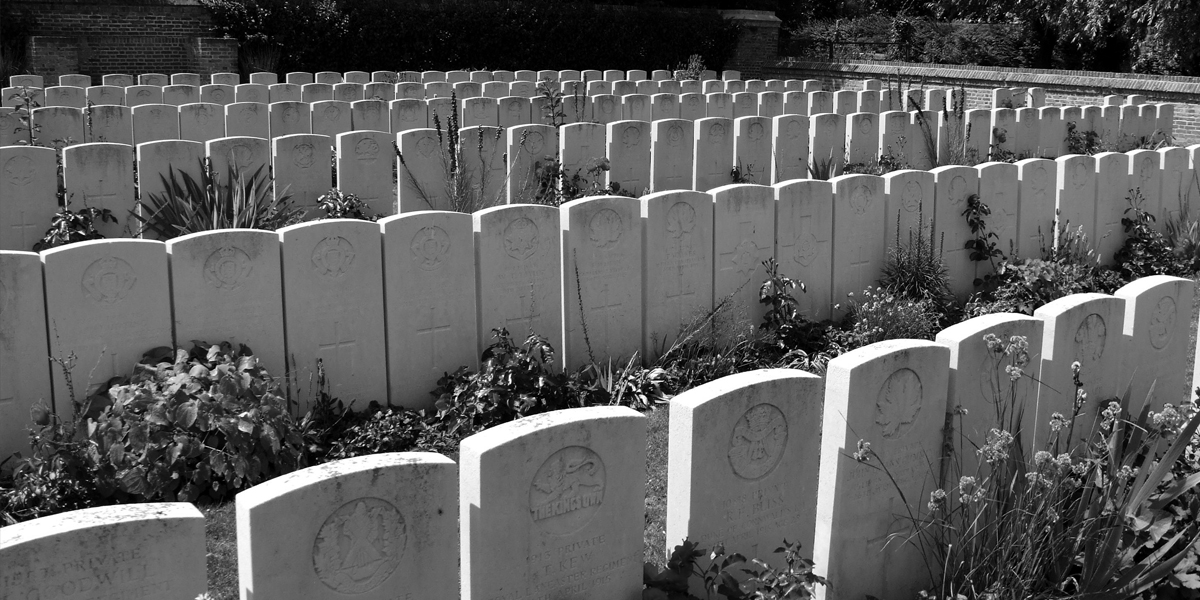2014, Labour’s year of…commemoration
As we focus our attention upon the centenary commemorations for the first world war next year, there are those who are already saying we should seek to answer the fundamental question of why Britain went to war in the first...
As we focus our attention upon the centenary commemorations for the first world war next year, there are those who are already saying we should seek to answer the fundamental question of why Britain went to war in the first instance.
Some will conclude that, aside from the strategic rationale, Britain’s motives for entering the first world war demonstrated a conscientious effort to uphold international law and a desire to defend smaller, more vulnerable nations. There will be those who will quite legitimately seek to have this informed historical debate; but regardless of the history, none of us should be in any doubt about the profound impact the war had on this country.
I believe it is important that we remember the first world war for more than just the industrialisation of death that it brought with it. The conflict paved the way for numerous world events – events that shaped the world we live in today. The war had a profound impact on Britain too and it’s important we seek to understand, reflect upon and learn from the wider social change that occurred over this tumultuous period in our history.
It was once famously said about a previous government that “we don’t do God…” Whether we ‘do history’ remains to be seen, but what is clear is that getting the tone right is vital and potentially not without controversy. It is important to ensure that the right tone is struck when we seek to commemorate and remember that period. In Parliament I believe we are all clear: this is not a celebration – it is a commemoration. War should never be celebrated; but it should be remembered, understood, and we should seek to learn from it and better understand how it might be avoided in the future.
My clear view is that when the commemoration begins next year, there should be no flag-waving, no glorification, an absolute right to remember those whose opinions did and do differ, and no rigid Government narrative. It is right for people to be given the facts (though clearly ‘facts’ are also open to interpretation), but that they be free to conduct their own analyses and form their own judgments.
I also believe the commemoration provides a unique opportunity for people to come together collectively and better understand the profound impact the war had on the country – the changing role of women and universal suffrage are obvious examples. But if we’re really smart, we’ll do it all in a way which provides a relevant focus on our lives today and in the future.
As part of this process, it is important that we do not shy away from addressing some of the war’s complications. There is a public perception of what the first world war was like, formed partly by the war poets, reinforced by the 1960s production of “Oh! What a Lovely War” and more recently by TV programmes such as “Blackadder Goes Forth”. Those cultural representations stand as powerful and eloquent testimonies to the savagery of the first world war, but if they are all that we know of the war, they are poor history.
In order to ensure that the first world war is remembered and commemorated appropriately and its complications are adequately addressed, those of us involved in the centenary events should be mindful that there will be debates about the history.
Around the country, I have already been privileged to see the coming together of people and communities as they prepare for the commemoration. I have seen the passion and the interest that it has already invoked. I hope that people from around the country will engage in debate in their own communities, support local groups in the work they are doing to commemorate local experiences and ensure that their neighbourhoods come together to commemorate.
There is no doubt that the importance of the first world war cannot be counted in terms just of battlefield casualties. By dint of its influence and its timing, and the wider social change it brought about, it is the single most significant event of the 20th century.
As such, it is something we must commemorate, we must learn from and we must educate our children about, but above all we must remember, because it is only through remembering that we will truly understand the impact that the first world war has had on British society and, in so doing, better understand what it means to be British.
